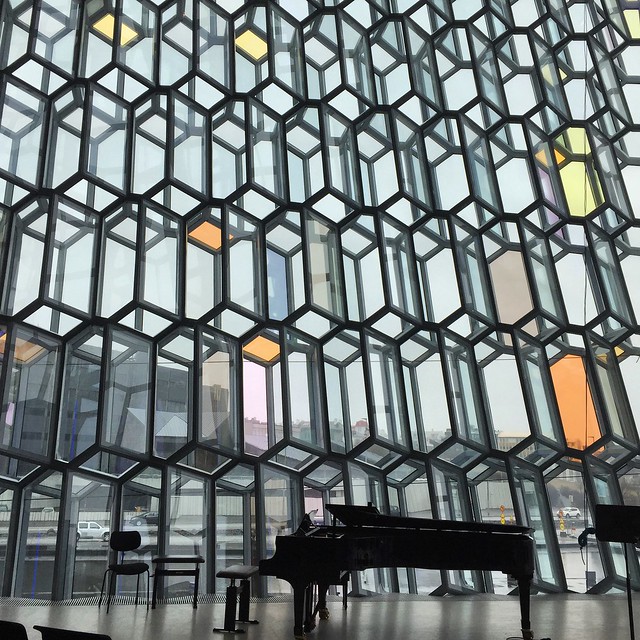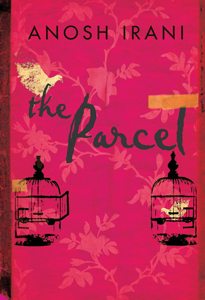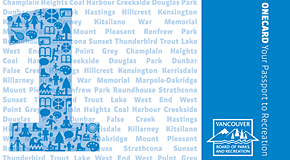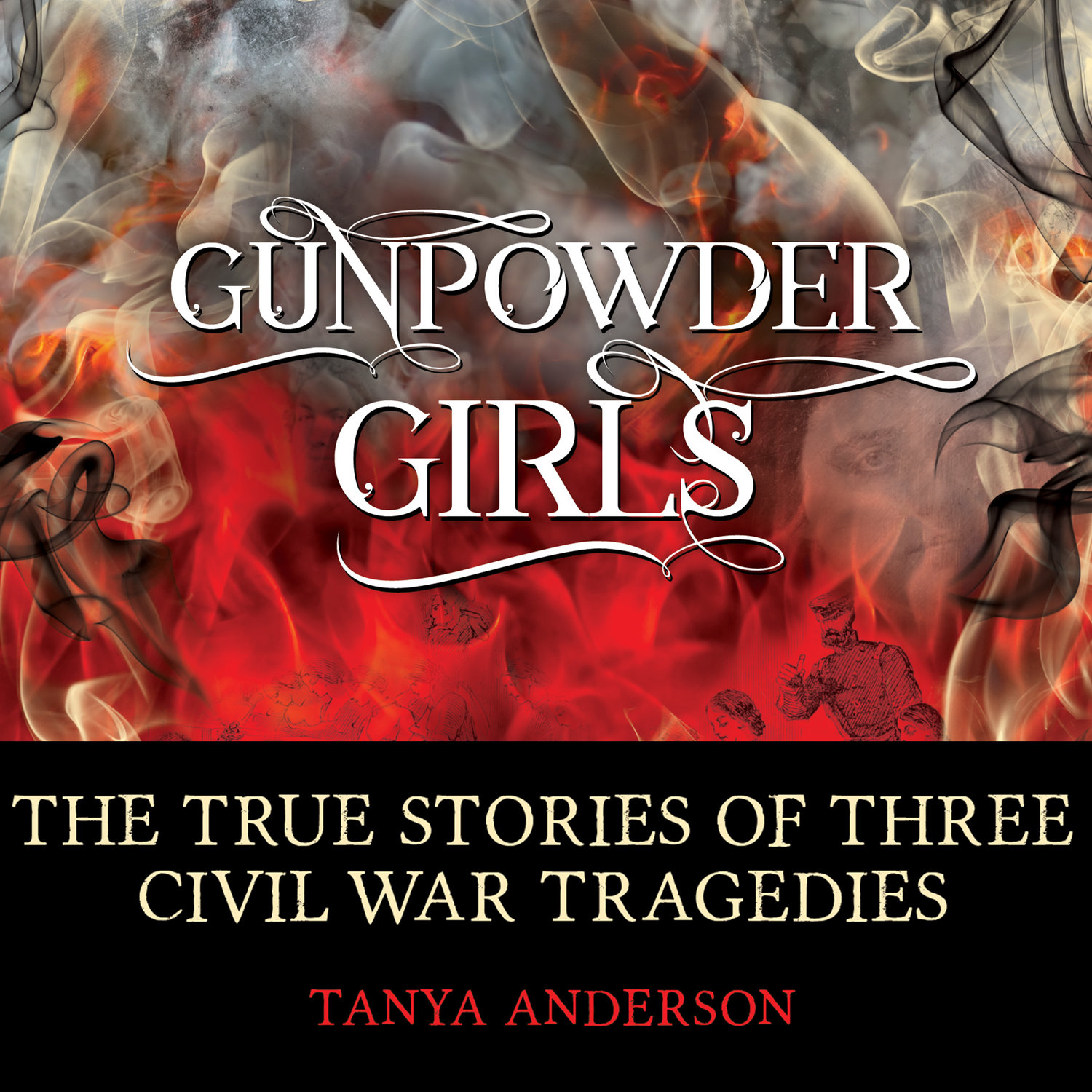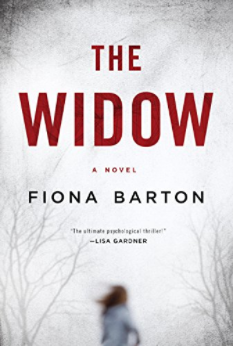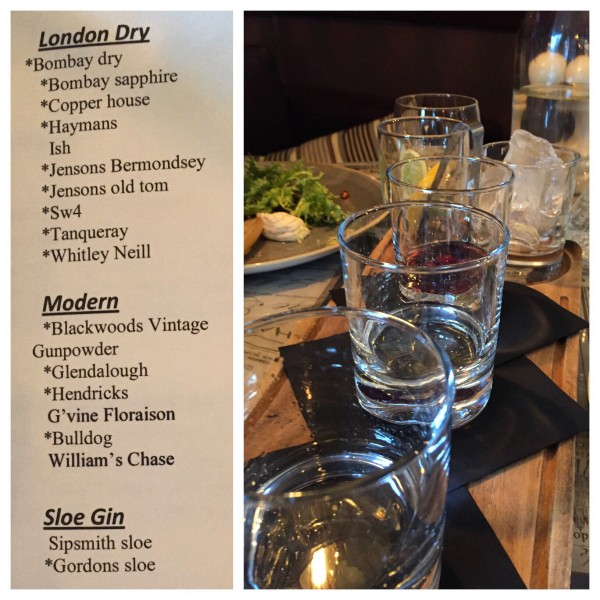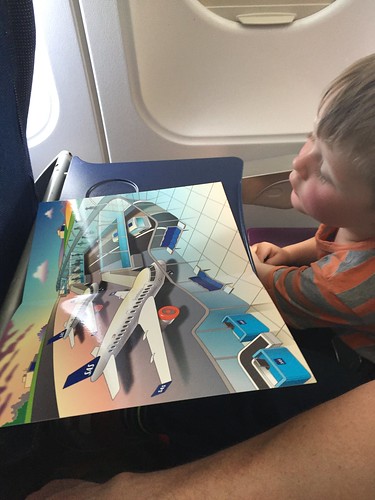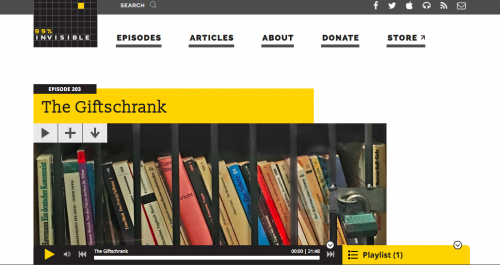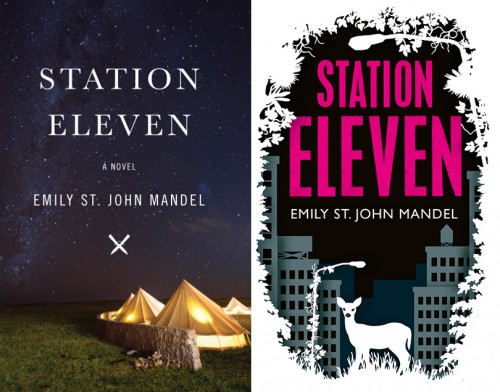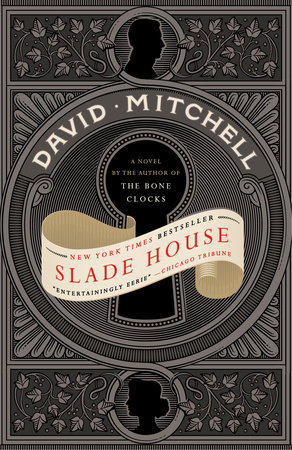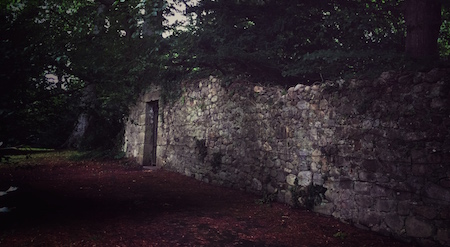If you want to catch the northern lights and some of winter but not the deepest part of it, then early April in Iceland can be quite pleasant. The temperature ranges from 0 to 6C so it’s not too cold but not too warm either. Apparently, Iceland never really gets warm, especially in spring when the days can be cloudy and windy. But when the sun peaks through, the landscape is dazzling. The greens, yellows and reds really look amazing, especially in photos.
Now, April also means the occasional fog, sleet or snow storm. If you’re doing the self-driving tour then definitely get a 4×4 and download the road-conditions app. Real time info and road cameras are also helpfully available online.
Road conditions: http://www.vegagerdin.is/english/road-conditions-and-weather/
If you’re stuck on the road or looking for information about road conditions or the weather on the roads, then you can call 1777. This service is open 8-16 in summer and 6:30-22 in winter. An English answering machine with similar road information is available by dialling the phone number 1778.
Now where exactly are you driving? The common tourist route is the Golden Circle but you can also take the longer circle road around the whole country. The Golden Circle is shorter and definitely a worthwhile experience, despite the glut of tourists.

We did this route through Iceland: Mar 31-Apr 3, 2017
Day 1
Presumably you have landed in Reykjavik [point F]. The airport is no stranger to tourists and there’s several shops and restaurants. Alcohol in Iceland is quite expensive so buying duty free alcohol may be your first stop. If you’re stocking up on food then there is a Bonus Stykkisholmi supermarket near the airport. The little town is a quick stop where you can get provisions, or visit the Rock and Roll museum. We stuck to food only but there were lots of signs for this museum.
The flight from Ireland arrives in the afternoon and we booked an airbnb in Reykholt (there are two by the way). The one near Fludir is where we booked [point E]. Our goal was to drive to Reykholt and have dinner at Cafe Mika. We didn’t get there on the first night because we opted to cook at the holiday house instead, but when we went a day later, we loved their lobster soup and roasted lobster salad. If you’re in the area, at Fludir (10 min drive) there is the Secret Lagoon, and a good restaurant at the Icelandair hotel.
Day 2
We were up and out of the house around 9 am in order to back-track an hour to our first stop on the Golden Circle, Thingvellir National Park [point B].

The Park is a UNESCO world heritage site and the most significant place regarding Icelandic history. The place is huge and there are many parking lots that give tourists and locals access to different areas. The visitor centre is near the viewspot at Hakio, where a footpath leads down into the great fault between the North American and Eurasian tectonic plates.


If you’re travelling with kids and need to know the bathroom stops, this is one. The service fee for the lavatories is 200 isk.
The name Thingvellir in Icelandic means “Parliament Fields” and this location is where one of the oldest parliaments in the world was establish (930 AD). At the Logberg people gave speeches and pontificated on important issues.
From the Hakio viewpoint, you can see Thingvellir Church, which looks darling from above. And there are all sorts of little paths and trails that can be followed along the continental drift or into deeper areas of the park.


Our next stop was the famous geysers at Haukadalur [point C], which is a geothermal active valley. There are hot springs all over Iceland and you can see the steam rising in various places as you drive the Golden Circle. All the geothermal activity also means that Iceland has a huge number of greenhouses, and as a result, great produce.

Iceland is a pioneer in geothermal energy and geothermal powers 25% of the country’s total electricity, the rest is other renewable energy from hydropower — ya 100% renewable! Iceland also boosts the cleanest, purest water in the world. It was amazing to drink.
But about those geysers. The most active is Strokkur, and this geyser spouts hot water every 5 minutes or so. One blast of water is really high then the next is middling but still impressive, then back to a big one. It was entertaining to watch over and over. The column of boiling water starts as a half bubble before bursting upwards. The height of the spray can be 15-30 metres.


There are 3 geysers grouped together: Strokkur, Geysir and Little Geysir. Little geyser, which looks very tame in comparison to its blasting brothers, is still an impression 80-100C. You can see the water boiling.

The rotten egg smell wasn’t as bad as I imagined. Nor were the tourists. Haukadalur has a huge gift shop with lovely Icelandic sweaters and gifts. The restaurant is done in beautiful wood and stone carvings, and they have quite a delicious spread of food.

I wasn’t sure what to expect but Icelandic food rates very high on the foodie scale, lots of unique flavour pairings, and great seafood options.
Our next stop was Gullfoss waterfall [point D]. This was one of the most beautiful places we stopped. The water comes down the big, wide river Hvita into beautiful curved steps, like a staircase. The viewpoints are all spectacular and it’s worthwhile going down to the lower point to see if you can catch a rainbow in the mist.

The upper viewpoints offer a different perspective and a nice walk along the footpath. The water is roaring! The mist is cooling. The view is spectacular.


The Hvita river disappears into a ravine making the whole place seem even more magical.
Our last stop of the day was Reykholt [near point E] where we stopped in at Fridheimar farm. This is an amazing food experience where you enjoy lunch or drinks in a greenhouse among the tomato plants. It smells incredible.

The menu options include the famous Frioheimar tomato soup with fresh baked bread. There’s some great crusty bread in this place. And you have to book in advance but if you’re unprepared, like us, then you can do some takeaway soup and bread, or order hot tortillas to go. The little gift shop also offers some of the drink mixes. I stocked up on the green tomato, honey, lime and ginger. Add some sparkling water and gin and this is an amazing cocktail.

You can also buy their Tomato Jam, Cucumber Salsa and Tomato Drink. Everything home made. Everything is delicious.
Aside from the greenhouse visit, you can see a horse show. Icelandic horses are famous for their gaits. The Tolt is the special one. These horses are also super cute!

After our snack of tortillas, we made our way to Cafe Mika in Reykvolt. The pizzas, salads and everything I had that had lobster were all very good. Eating out in Iceland is not cheap (especially if you’re ordering lobster), but if you get the unique items then it feels like a special occasion anyway.

No Northern Lights on this trip, the evenings were overcast. The aurora forecast seemed quite accurate but I set my clock and kept checking regardless.
http://en.vedur.is/weather/forecasts/aurora/
From the outside deck we could sit in the geothermal hot tub. Not a bad option on a cloudy night.

Or cuddle inside and get almost a 360 view through all the windows.

Day 3
Our last full day. We had to pack a lot into a short trip, but I understand some people see even more things in fewer days. The Golden Circle is possible to see in a day, but that’s a 6-8 hour day.
So our last stop was the Secret Lagoon at Fludir [point E]. The Blue Lagoon is near the airport and higher on the list of tourist destinations. But the Blue Lagoon is more of a spa whereas the Secret Lagoon is a unique natural hot spring. This is the oldest swimming pool in Iceland (made in 1891). It’s been upgraded since. The change rooms and shower area are clean and quaint. Icelanders shower naked and it’s rude and unhygienic to do otherwise.
This hilarious shower etiquette video features the mayor and a shower warden.

The temperature of the swimming area is perfect at 38-40C, but beware of the 80-100C pools just beyond the swim area. There’s a grassy bank that separates you, but still.


This place feels very wild in comparison to the Blue Lagoon, which looks more spa-like. Here you are floating around in nature. There is a geyser just beyond in the field that spouts water and when we were there it also started to rain lightly and snow. Magic.

The Secret Lagoon, like the Blue Lagoon, requires a booking, which was fast and easy to do online.
http://secretlagoon.is/
After a float in the Secret Lagoon and a spot of lunch, we were off to Reykjavik.

We could have stopped in Selfoss, Kerid Crater Lake, or Stokkseyri but it was raining heavily so we carried on.
Selfoss on the banks of the Olfusa river has another amazing waterfall to see. Kerid Crater Lake is a red volcanic crater and the deep blue water is supposed to set off the red and green vegetation. Stokkseyri, right along the coast, looks quaint and worth a visit, especially in summer. I was keen to visit Orgelsmidjan, the pipe organ workshop and exhibition. And the travelling companion might have gotten a kick out of the campy Ghost Centre. But alas, rain and time meant we clipped along to Reykyavik.
Our first stop in Reykjavik was at Hallgrimskirkja. This is the largest church in Iceland, and the tower offers visitors a great overhead view of the town. The church is stunning and designed to look like basalt lava flows. The tour to the top was a couple of euro. And it’s not really a tour but an elevator ride and then some lookouts. Anyway, great view of the capital city.




Our next stop was the Harpa Conference centre. Everything in Iceland, all the architecture, seems really modern. Harpa is all glass and looks like inter-connected honeycomb. The inside is as cool, if not cooler, than the outside.



For the last dinner in Iceland it was a toss up between the famous hot dog stand that Bill Clinton and Anthony Bourdain recommend (Baejarins Beztu Pylsur) or Eldsmidjan Pizza (Iceland’s first, and best pizza restaurant). The closest of the hot dog stands from Harpa is the Baejarins Beztu Pylsur in the old harbour. And Eldsmidjan pizza had two locations nearby. We opted for sit-down, eat-in pizza and were not disappointed.


The flight back to Ireland was at 6:15 am so we spent the night at the Airport Hotel that is a 2 minute walk from the terminal. This is a great way to get rid of any remaining local currency. We paid part in cash and the rest on the card.
Depending on where you fly to, there are several queues, and one for passport control before you get to your gate so it’s worth it to be early and on time. Iceland had 1.7 million tourists in 2016. That’s a lot of people to move through a small airport. It all ran smoothly and we made it home to Ireland with lots of great memories.
Quote: I trace the interest in genealogy in Iceland to the lack of tress. Because of the sparsity of tress, people opt for family tress and find themselves forests among their forebears…” Einar Mar Guomundsson, Angels of the Universe
